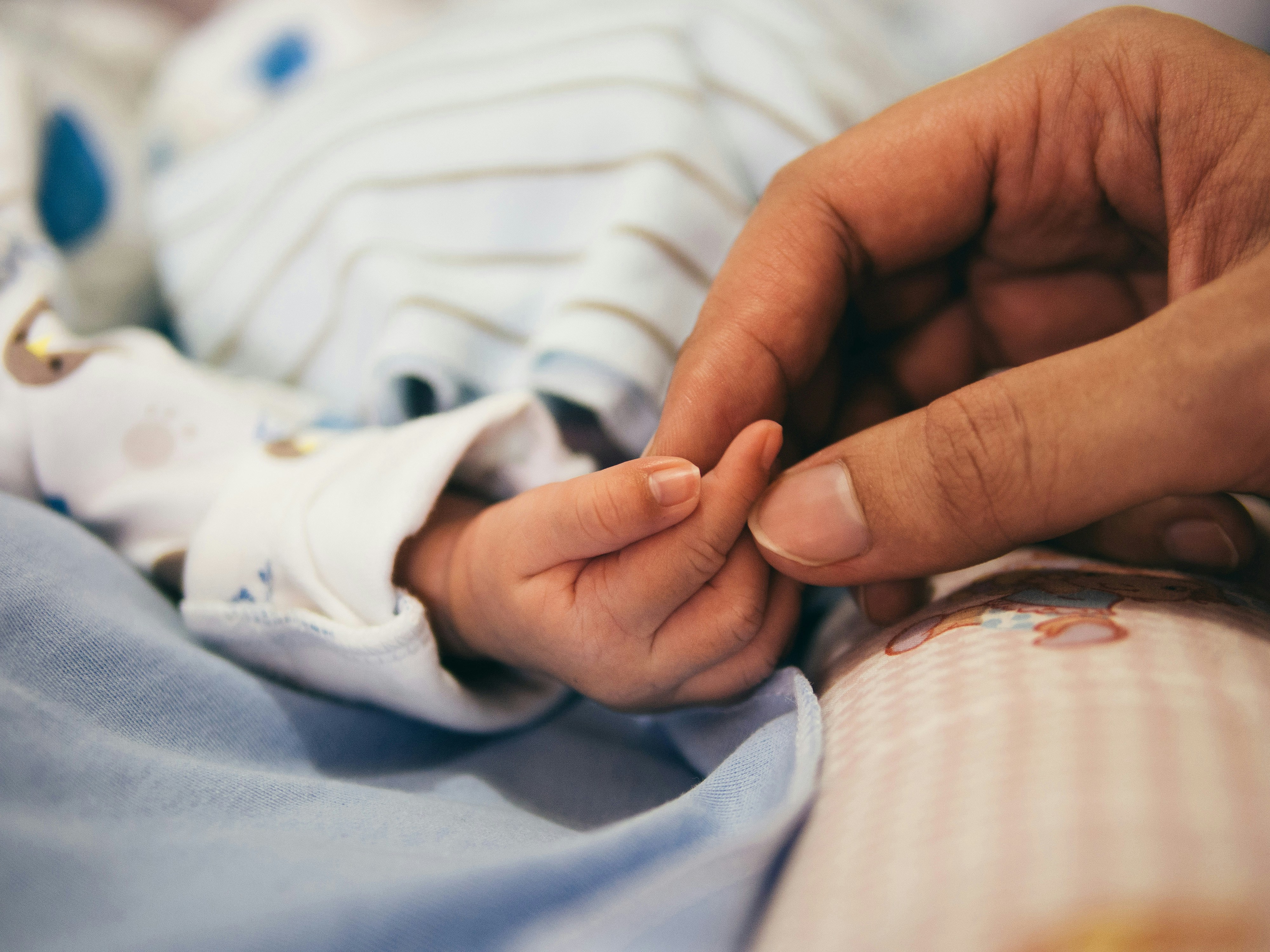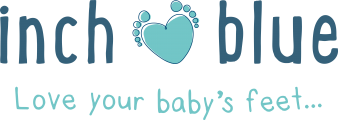Milestones For Your Baby's First Year

A newborn comes with sleepless nights and round-the-clock feeding, but there is nothing as rewarding as watching the milestones of your baby's first year. Each time you see your little one grow, you’ll be filled with a sense of awe and pride.
So that you know what you’re looking out for, we’ve created this complete guide to the milestones of a baby’s first years. We’ll look at emotional and physical development, consider solid food adventures, and answer key questions such as when do babies say their first word.
The first few weeks
The first few weeks of your baby's life are filled with a unique mix of emotions, from joy and excitement to a bit of nerves. That’s completely normal! Take the time to savour these precious moments, as you and your baby begin to forge a lifelong connection.
Bonding with your newborn is a crucial aspect of the first few weeks. Skin-to-skin contact, cuddling, and talking to your baby all contribute to this process. This intimate connection fosters emotional well-being and helps your baby feel secure and loved.
Establishing a routine early on can provide a sense of predictability for both you and your baby. While newborns may not adhere strictly to a schedule, introducing a loose schedule for feeding, nappy changes, and naps can help create a comforting environment.
Sleep is a significant aspect of your baby's development. Newborns typically sleep for short periods and wake up frequently for feeding. Establishing a calming bedtime routine can help create consistency. This could include a warm bath or gentle lullabies to signal that it's time for sleep. While it's, of course, important to respond to your baby's needs during the night, gradually encouraging longer stretches of sleep can create healthier habits as your baby grows.
Social and emotional development
During the first year of a baby's life, they form deep connections with the caregiving adults around them and explore their surroundings through safe interactions with caregivers. Your little one can develop a greater understanding of emotions by observing and imitating caregivers, sharing smiles, and learning to self-soothe with the help of those around them.
Nothing melts parents' hearts like seeing a baby's first smile and laugh. It is the real reward for all the sleepless nights, and it usually happens from around two to three months of age. Your voice or the sight of your face tends to trigger a gleeful grin or wiggling, showing the baby is honing their social skills.
As the baby ages, they become more fascinated with everything around them and stay awake longer. They're interested in your interactive play as a parent. At this stage, how well you cuddle and interact with them is key as it builds that emotional connection and attachment.
Physical milestones
Here's a breakdown of some key physical development milestones to watch for in your baby's first year:
Newborn (0–3 months)
- Lifts head and chest when on their tummy: This early milestone shows your baby is developing neck and upper body strength.
- Tracks objects with their eyes: This demonstrates developing visual skills and coordination.
- Reaches for objects: This early grasping reflex paves the way for future hand-eye coordination.
2-4 months
- Holds head steady: By 2-3 months, your baby should be able to hold their head up without support for extended periods.
- Sits with assistance: With support, your baby may be able to sit for short periods around 4 months.
- Transfers objects from hand to hand: This shows the development of hand-eye coordination and fine motor skills.
- Begins to babble: Early vocalisations like cooing and gurgling are the foundation for future speech development.
4-6 months
- Sits without assistance: By 6 months, most babies can sit independently for longer periods of time.
- Rolls over both ways: This newfound mobility allows your baby to explore their surroundings more freely.
- Reaches for and grasps objects with intent: This deliberate grasping indicates improved hand-eye coordination and fine motor skills.
- Puts weight on legs when supported: This is a precursor to crawling and standing.
6-9 months
- Crawls: Crawling typically starts around 6–9 months, allowing for independent movement and exploration.
- Pull up to stand: With support, your baby may be able to pull themselves up to a standing position around 8–10 months.
- Picks up small objects with thumb and index finger: This "pincer grasp" is a major development in fine motor skills.
- Cruises along furniture: Holding onto furniture for support, your baby may start to "cruise" around 9–12 months. Pssst, now’s the time for some pre-walker shoes!
9-12 months
- Stands briefly without support: Seeing your baby stand for the first time opens up a new world.
- Take a few steps with support: Walking with support usually starts around 10–12 months.
- Transfers objects from one container to another: This shows growing problem-solving skills and hand-eye coordination.
- Begins to feed themselves with finger foods: This milestone signifies developing hand-mouth coordination and independence.
Cognitive development
The first year of your baby's life is a time of incredible cognitive development. From the moment they are born, your little one is already recognising familiar faces and voices, showing early signs of social awareness.
As they reach the 2-4 month mark, they’ll begin to experiment with laughter and playful vocalisations. They’ll also start responding to their name and imitating facial expressions.
Talking typically begins at around 6 months…Just as you’re desperately searching"When do babies say their first word?" they’ll surprise you!
During this time, they usually babble and try out various sounds. Then by the end of the sixth or seventh month, babies can identify their own language, and react to their names.. Some excited parents typically mistake a series of "da-da" babblings for their child saying "daddy" for the first time. However, babbling at this age typically still consists of a random string of sounds.
Between 4-6 months, your baby achieves a crucial cognitive milestone by understanding object permanence—realising that things exist even when they’re hidden. Watch as they pick up and examine objects closely, displaying curiosity and a desire to explore.
By 6–9 months, your little explorer can engage in simple cause-and-effect games, pushing buttons, dropping objects, and making sounds to understand how the world works. They start recognising familiar objects and people across different situations, indicating a developing memory and categorisation skills.
As your baby approaches 9–12 months, get ready for more advanced cognitive feats. They can follow two-step instructions, point to familiar objects or pictures, and sort objects by shape or colour.
Solid food adventures
At four months, most babies are ready to start eating solid foods as they gradually reject formula or breast milk intake. They can then start taking grain, barley, or rice cereal, providing them with the iron their body requires.
Then, an integral moment in child development and a key milestone in a baby's first year occurs between 9 and 12 months when babies develop better control over their hands and fingers. This control makes grabbing small objects, like finger foods, easier and more accessible.
Supporting your child through key milestones
It’s important to remember that every baby develops at their own pace. These milestones are just a general guideline, and it's important not to compare your baby to others. If you have any concerns about your child’s development, it’s best to talk to your paediatrician.
And, as you help your child through exciting key moments, remember that we’re also here to support your child’s growth. Explore our collection of shoes and accessories designed with love and care to accompany your little one on their journey through precious milestones.
